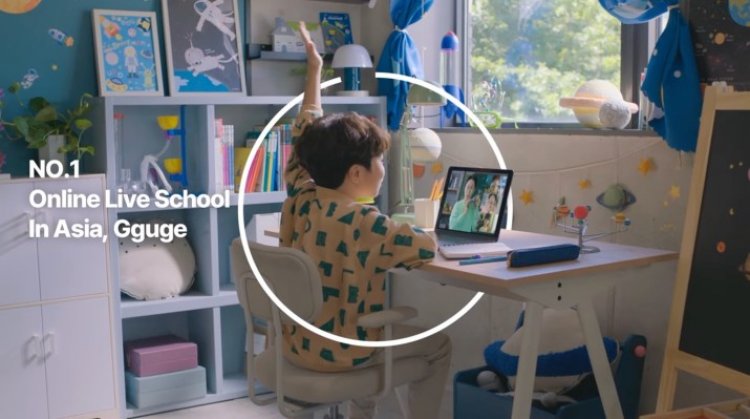Glorang scores $10M Series A to expand its edtech marketplace across Asia
Glorang, a Seoul-based edtech startup that offers after-school classes and extracurricular activities via online for students between the ages of 3 and 18, said Friday it has raised a $10 million Series A funding co-led by Korea Investment Partners and Murex Partners, along with Japan’s Pksha Capital. The new funding, which brings its total raised […]

Glorang, a Seoul-based edtech startup that offers after-school classes and extracurricular activities via online for students between the ages of 3 and 18, said Friday it has raised a $10 million Series A funding co-led by Korea Investment Partners and Murex Partners, along with Japan’s Pksha Capital.
The new funding, which brings its total raised to $18 million, values Glorang at around $40 million, Glorang CEO and founder Taeil Hwang told TechCrunch.
The startup has aspirations to become Outschool of Asia. Hwang said that its business model is similar to Outschool, the San Francisco-based after-school marketplace for children. Glorang will use the Series A to expand its service to Japan and Malaysia by the fourth quarter of this year and Taiwan, Thailand and Vietnam in the following years, Hwang said. It also plans to increase its headcount.
“The education market in the English-speaking and North American regions is undoubtedly large, but we [at Glorang] understand that each country’s local D2C education market in Asia can be just as substantial,” Hwang said.
The coronavirus pandemic has forced students in many parts of the globe to become online learners; the education technology industry has experienced a sudden surge and demand globally due to the pandemic. The Asia Pacific is one of the fastest-growing regions in the adoption of Edtech, increasing to $64.5 billion in 2027, from $17.6 billion in 2019.
Glorang was founded in 2017 by Hwang, who started off this company with an AI-powered platform helping students match with study abroad programs. Before the COVID-19 pandemic, Glorang pivoted its main business, the online class platform, and launched Gguge in 2020, Hwang said. The company claims Gguge has more than 100,000 users in South Korea.
What sets Gguge apart from its peers is providing education services in local languages, Hwang said adding that it currently offers Korean but will add the Japanese language soon.
Gguge offers a selection of more than 5,000 online classes via Zoom. Instructors help students engage with active learning methods, ranging from reading newspapers through solving puzzles to incorporating Minecraft and Pokemon games into the classes.
“As a team that understands both the local culture and strategies in Asia, we are confident that our platform will have a strong standing in Asia’s ever-growing D2C education market,” Hwang said.
Students can take a one-day class or subscription-based semester classes via Gguge. The company has a team of 35 in Korea.







